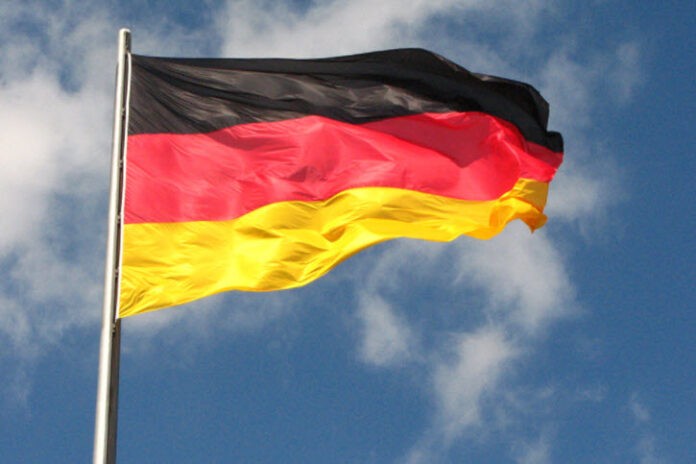Two months after the federal elections, the new government of Germany has drafted a coalition agreement with implications for the crypto sector.
Coalition wants “swift approval procedures” for FinTechs
In the 2021 federal elections, both the Green party and the economic-libaral FDP gained ground, securing them a governmental seat in the upcoming legislative period for the first time since 2005 and 2013. Olaf Scholz, who priorly served as vice chancellor and finance minister in the last period, is set to replace Angela Merkel as chancellor after serving a total of four terms.
In their coalition agreement unveiled on Wednesday, the three soon-to-be ruling parties also mention digital financial services and currencies. The coalition wants Germany to become one of the leading locations for “FinTechs, InsurTechs, platforms, NeoBrokers, and all other idea generators”:
It is important to take advantage of the opportunities associated with new technologies, such as blockchain, identify risks, and create an appropriate regulatory framework. We will therefore ensure effective and swift approval procedures for FinTechs.
Bridging traditional and innovative business models
Furthermore, the coalition seeks to support the EU in introducing a digital Euro as a complimentary payment method to cash and vouches to work closely together with the European Union in creating a regulatory framework for crypto:
We need a new dynamic towards the opportunities and risks from new financial innovations, cryptoassets and business models. We advocate for a level playing field within the EU, between traditional and innovative business models.
While this does sound supportive of crypto at the first glance, Scholz had a mixed stance towards crypto assets during his term as finance minister. In 2019, the finance ministry co-authored the position paper for Germany’s “blockchain strategy”, which however fell short of expectations so far. Earlier this year, Scholz advocated for AML regulation on self-custodial wallets.
No EU regulation on decentralized assets and services
At the very least, these most severe plans to regulate crypto transactions seem to be off the table now, as the EU has recently drafted a very permissive regulatory framework for the crypto sector. Reddit user BelgianPolitics has commented on the proposed directive, stating to be “pleasantly surprised”.
The EU plans to introduce tight regulations for custodians and centralized exchanges, but the directive does not foresee any regulation for NFTs, utility tokens, airdrops, DeFi services, or self-custodial wallets.
Especially the issuers of stablecoins will come under regulatory scrutiny. It is however unclear whether this also includes decentralized stablecoins. The draft explicitly states that algorithmic stablecoins “could” be regulated, meaning that this question is left up for national lawmakers to decide.
















